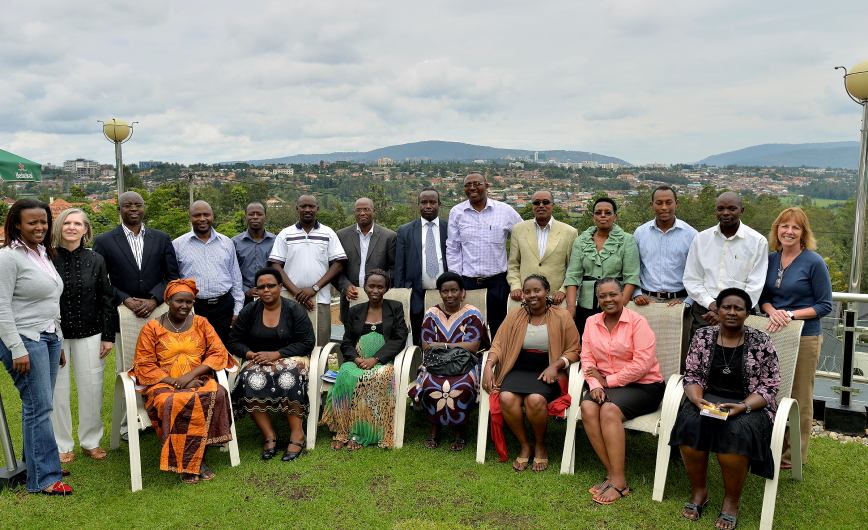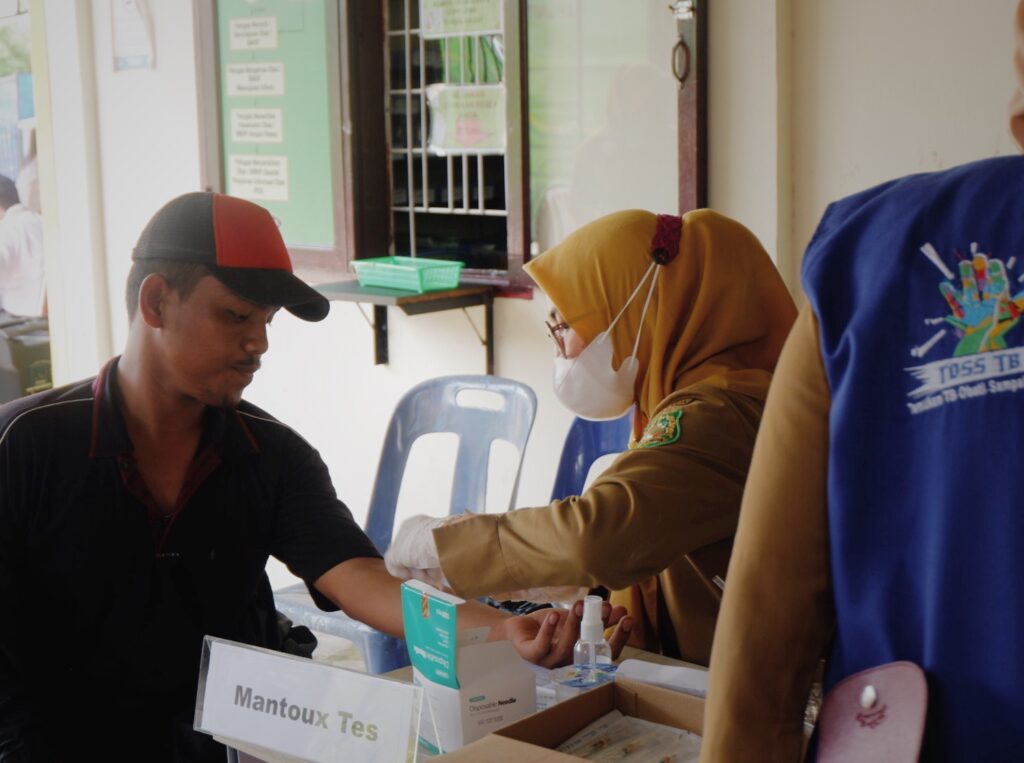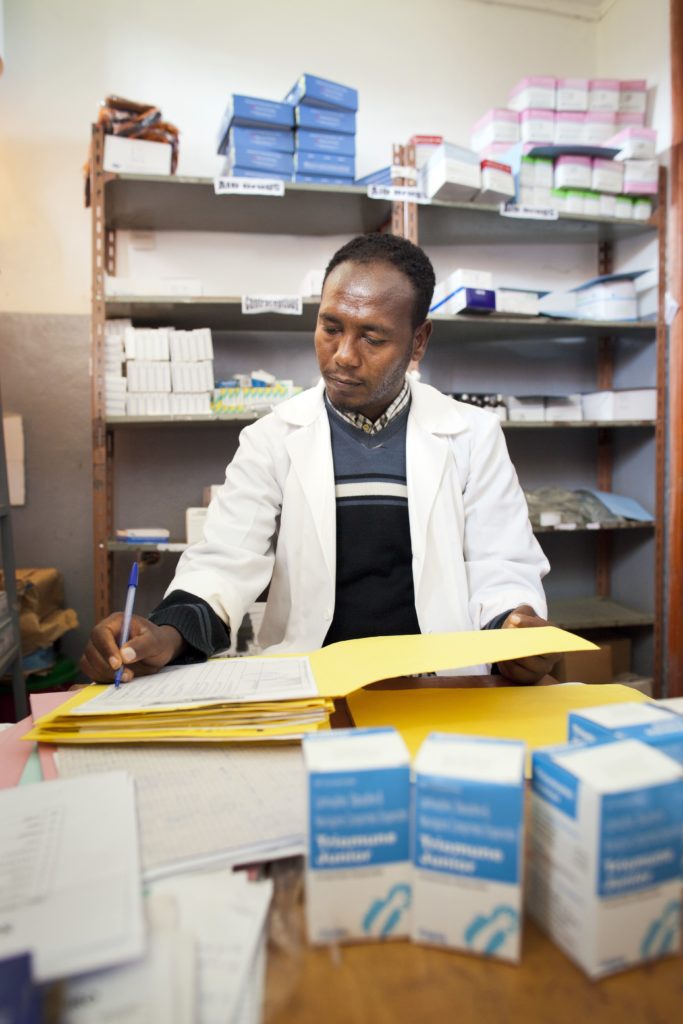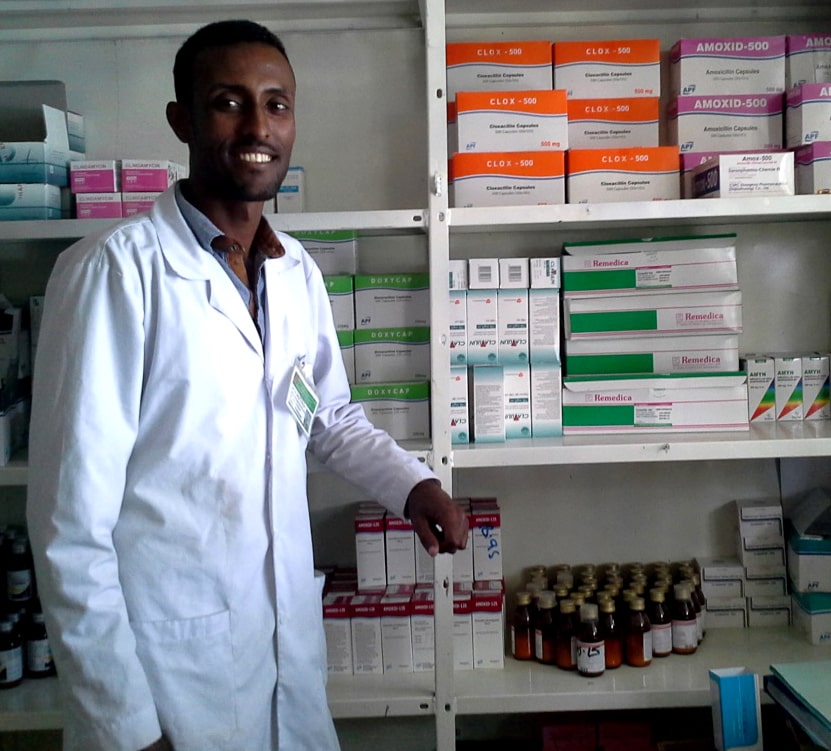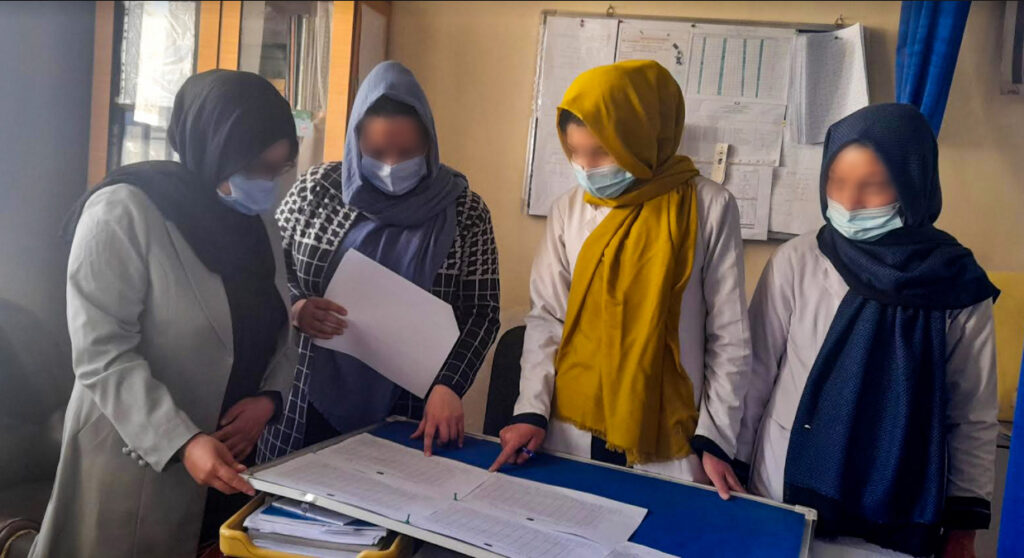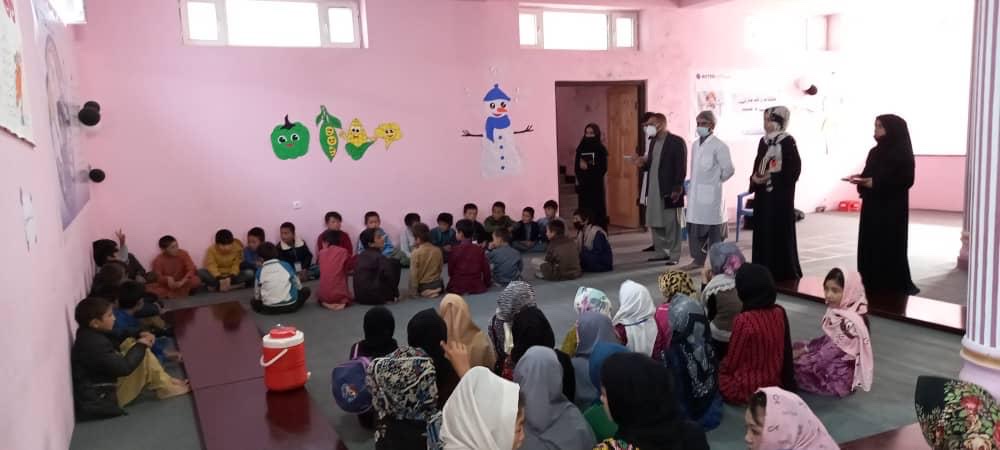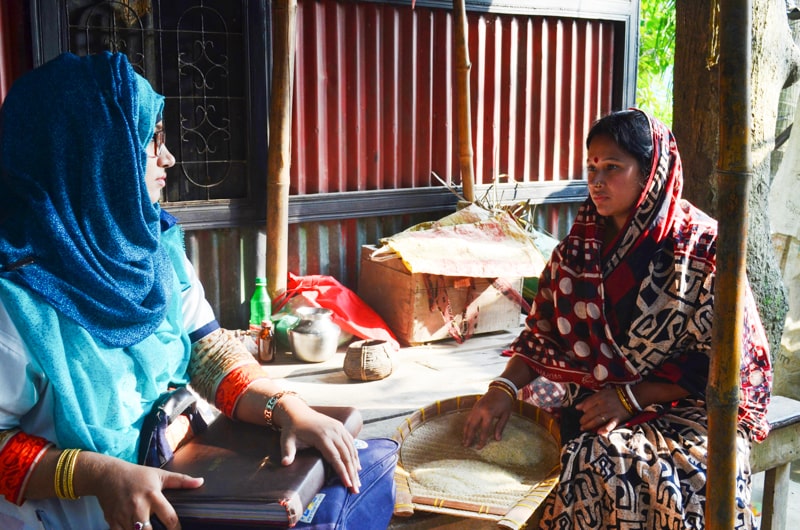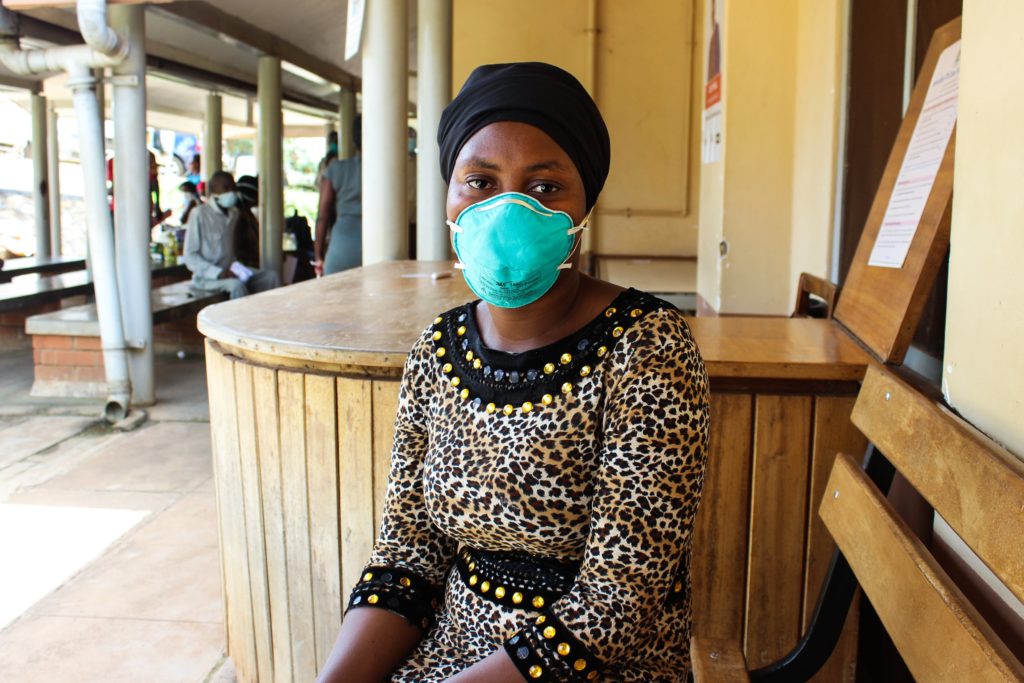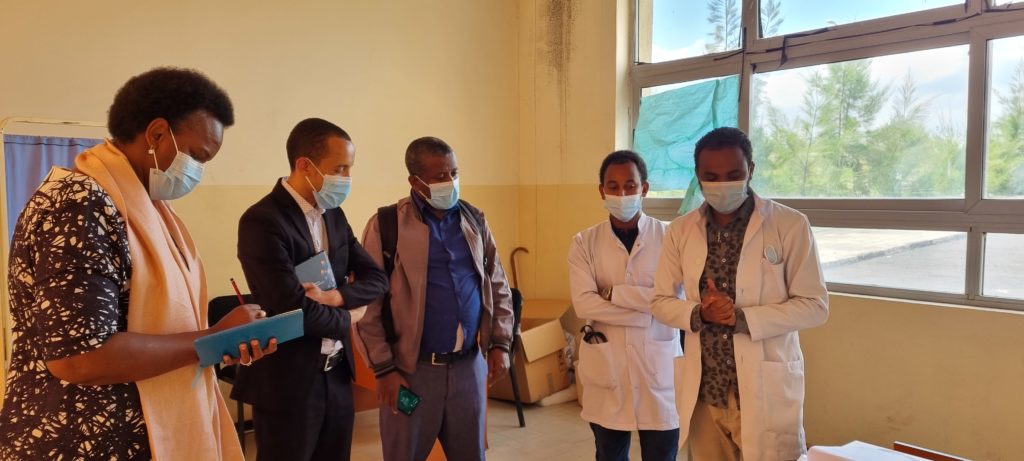Tuberculosis
Tuberculosis
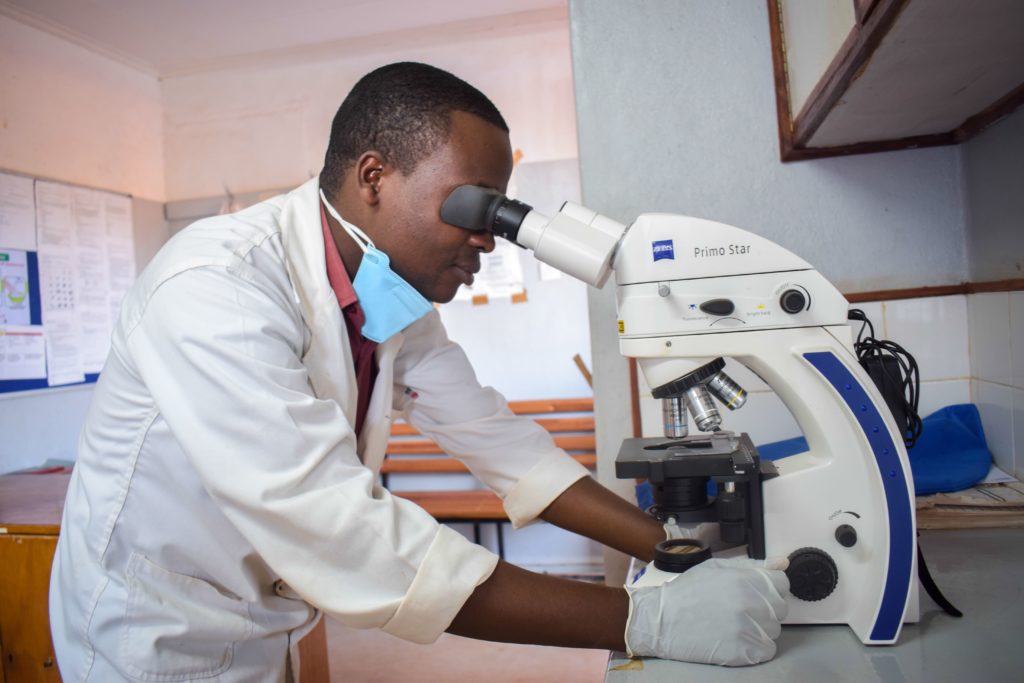
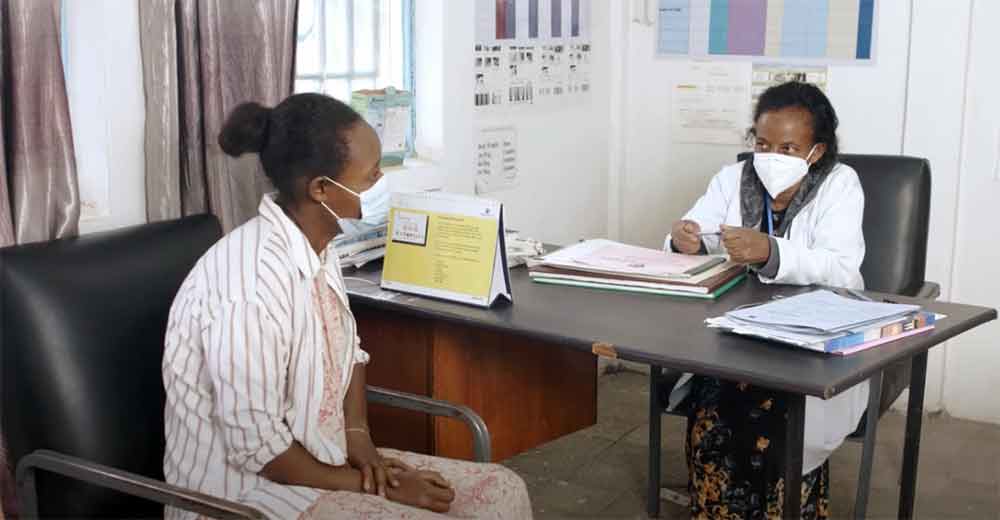
Educating Mothers on TB Prevention in Ethiopia
Outreach and training are crucial to increasing community knowledge of TB and how it spreads. Roza Alemayehu’s child often plays or eats at the home of a close neighbor who is receiving TB treatment. Although Roza knew that the neighbor was receiving treatment, she didn’t realize her child was being exposed to TB. After attending local TB nurse Tadelech Tefera’s classes and gaining a better understanding of TB transmission, she decided to start her child on TB preventive treatment. Since the training she received from the USAID Eliminate TB Project, Nurse Tefera has reached over 100 mothers in her community with educational classes on TB, specifically seeking out mothers of children who live in close proximity to those with confirmed TB and encouraging them to start their children on preventative treatment.
Stopping Tuberculosis
For more than 20 years, we have managed complex tuberculosis (TB) projects, partnering with public- and private-sector partners to detect, treat, and stop its spread through sustainable solutions to meet the needs of affected communities. We work closely with national TB programs to execute core TB control activities, improve management of TB services, establish a reliable supply chain for TB medicines and lab supplies, and educate communities and families about prevention, diagnosis, treatment, and care.
We work on all levels of a country’s health system (from health worker to national and international leaders) and build the capacity of governments, civil society, and the private sector to accelerate national progress in reaching the global targets for TB by:
- Developing innovative strategies using data and a people-centered approach
- Bringing diagnostic, preventive, and treatment services to high-risk populations and those affected by drug-resistant TB
- Integrating TB care into HIV and COVID-19 care
- Creating resilient health systems that ensure the continuous availability of medicines and supplies
Accelerating the End of TB: Field Research from Management Sciences for Health—2008-2024
Our volume of more than 120 peer-reviewed journal articles highlights MSH’s long-term commitment to ending the TB epidemic. Authored or co-authored by MSH technical experts for close to 20 years, these articles are important contributions to the evidence base of what works in the fight against TB, including systems strengthening innovations that improve access to both established and novel TB medicines, ensure safety and quality, and promote effective detection and case management.
Management Sciences for Health Partners with Kenyan Organization to Reduce TB
MSH announces a new partnership with Centre for Health Solutions—Kenya (CHS) and USAID to fight tuberculosis (TB) in Kenya. CHS, the prime recipient, is the lead on this project, with MSH in a sub-recipient role. The five-year project, known as USAID Tamatisha TB, will work with national and county governments to increase detection, enhance treatment success, strengthen prevention measures, and increase capacity and sustainability for TB control.
Join MSH at the Union World Conference on Lung Health 2024
Focused on our approaches in Ethiopia, Afghanistan, and Indonesia, our MSH delegates will discuss tuberculosis (TB) prevention and treatment in post-conflict environments, engagement of local organizations to ensure the sustainability of TB programs, and the development of public-private partnerships to elevate TB care delivery.
Meet Our Technical Experts
Please direct all inquiries and media or speaking engagement requests for our Technical Experts to Jordan Coriza at [email protected] or 617-250-9107.
